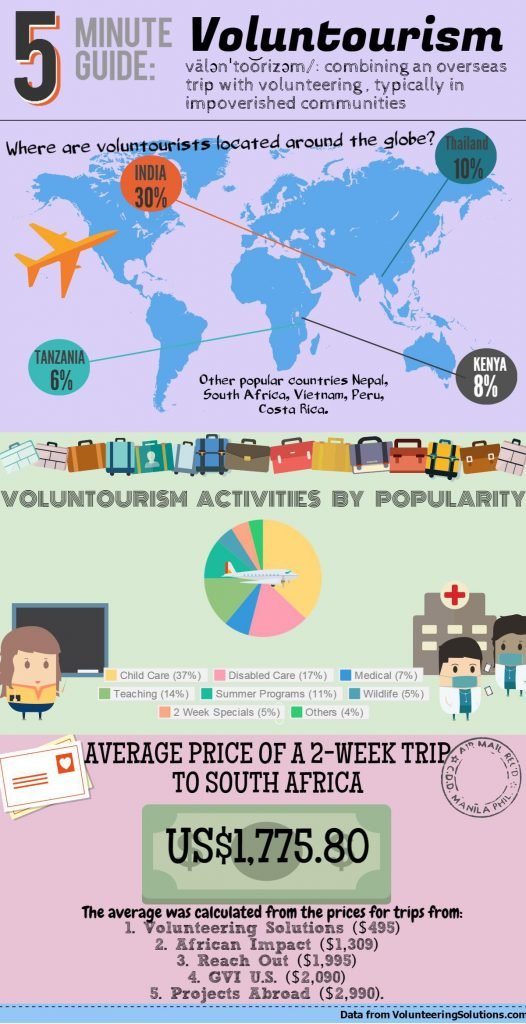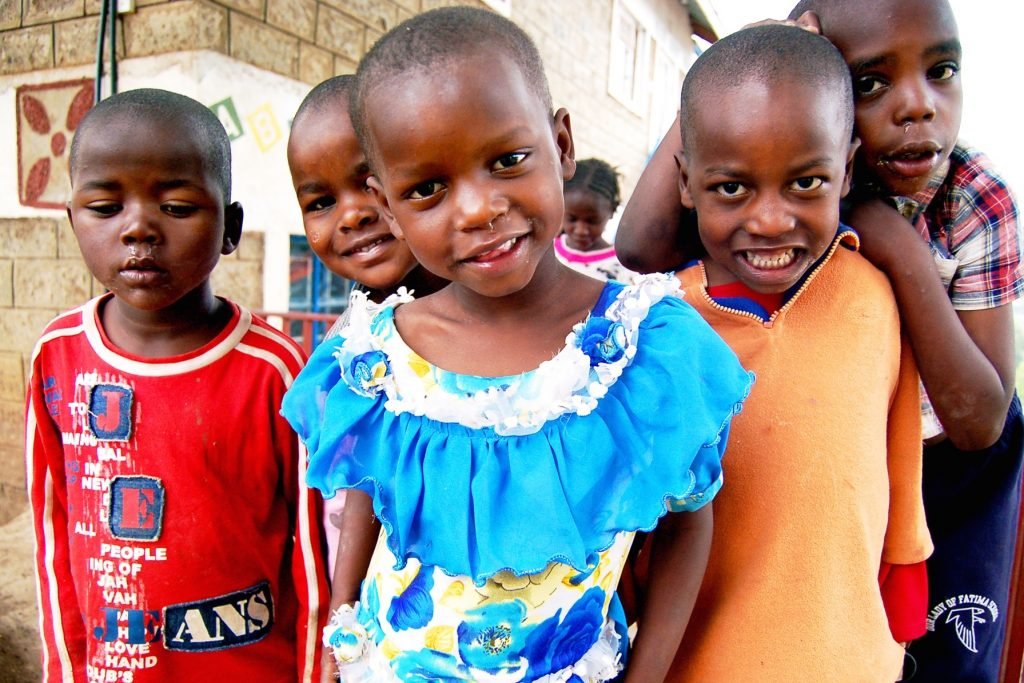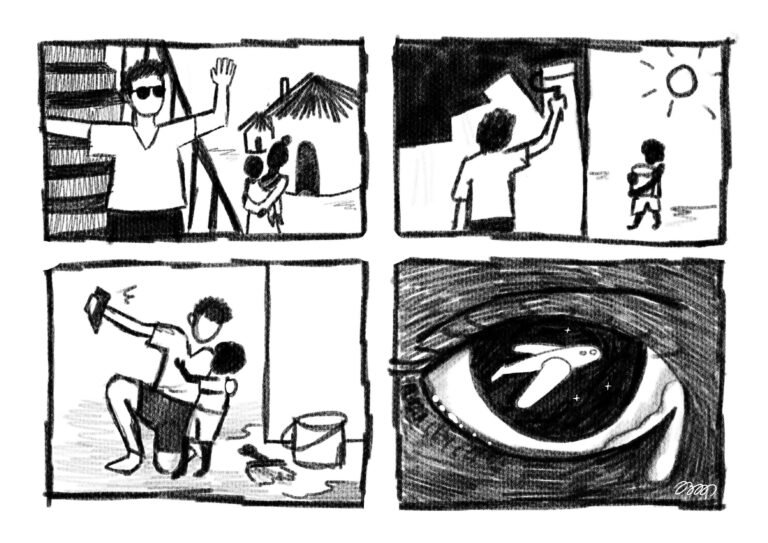In developing nations, such as Vietnam or Cambodia, it is a common sight to see Westerners ‘volunteering’ in schools or orphanages. A pertinent question thus arises: do the volunteers believe they are creating a positive ripple effect, or are they fore players of a mammoth scaled industry known as voluntourism?
In fact, the phenomenon of ‘voluntourism’ today has established itself as a thriving industry which grosses a whopping 2 billion dollars annually.
Projects Abroad, one of the largest players in this industry, defines Voluntourism as, “a combination of volunteering and tourism, voluntourism is a popular form of international travel that allows you to contribute to sustainable development while exploring a new country and culture.”
While an individual typically volunteers for a few weeks thereby on a broader scale, we have a large pool of temporary volunteers, so do they actually contribute towards the sustainable development of, for example, Myanmar?
Harm or good
The companies that fuel voluntourism often require no professional qualifications or competent requirements while selecting their volunteers. The only criteria which effectively narrows it down is the ability to pay the programme fees. Thereby marking it quintessentially, a project for the privileged and by the privileged.
Traditionally, volunteering has a connotation of long term commitment for a particular cause, whereas these companies offer on an average three weeks of volunteering topped up with a week of leisure for roughly 500 dollars.
By creating dramatic slogans such as saving the nation’s children from hunger, the companies try to target possible benevolence or pity.
Moreover, the skills encompassed by these volunteers is rarely at a professional level as teaching English is a common pretext for volunteering, however the ability to speak fluent English does not equate to actually attaining professional skills required to teach the language. Completing a certain project whether wildlife conservation in Brazil or reconstructing a house in Nepal, requires a well measured plan along with consistency and skills necessary for the adequate delivery.
By creating dramatic slogans such as saving the nation’s children from hunger or promoting their welfare through education, the companies try to target possible benevolence or pity. Thereby volunteers often sign up and face their own moral dilemma in which they convince themselves that their actions lead towards a path of sustainable development.

Fraudulent organizations
Fake orphanages have sprung up in nations such as South Africa and Cambodia as the potential money captured from these volunteers has modelled into a new economic opportunity. UNICEF, in fact, says that only 28 percent of the children in Tanzania are parentless.
There are numerous projects that require certain skills such as reconstructing homes after a natural hazard, that many volunteers simply do not have. In countries such as Nepal and Tanzania, volunteers noticed that they never saw the locals during the day and brushed it off tagging them as lazy. In fact, the locals every night used to tear down the work of the volunteers and rebuild it before sunrise as it was poorly constructed. As a result, these companies deprive the locals from their own jobs.
Rise of new imperialism?
A troubling rise of condescending stereotypes are being nurtured as a result of voluntourism with regard to ’third world countries’. This is troubling as this is consequently reminiscent of possible neo-colonial attitudes.
Jack Palfrey, a noted researcher in this field, states that “the idea that you, as an unskilled worker, have got anything really useful that you can add is slightly arrogant and sort of imperialistic in some ways — white people going out to Africa to help the Africans.”
Researcher Jack Palfray: “The idea is slightly arrogant and imperialistic in some ways.”
Ask yourself
Though volunteering is indeed an important act of cultures reaching out to each other and communities coming together to bring about a change. However, it is essential that volunteers are willing to take out time to treat this project seriously as well as improve their skills in order to carry out the desired change.
Therefore, before you decide to volunteer in another nation, ask yourself these questions:
Would you volunteer for the cause and not for the destination?
Are you willing to put the time in to acquire certain skills to give back as much to these communities as possible?
Do you possess adequate skills to possibly improve an individual’s life?




